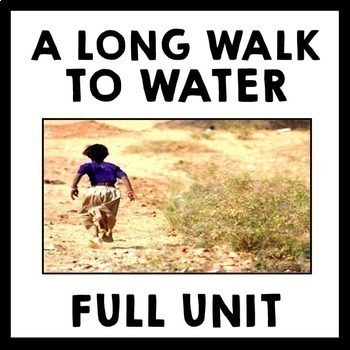
Riordan averts his young yarn spinner’s eyes from the sex but not the stupidity, violence, malice, or bad choices that drive so many of the old tales. In a similarly hefty companion to Percy Jackson’s Greek Gods (2014), the most voluble of Poseidon’s many sons dishes on a dozen more ancient relatives and fellow demigods.

The inevitable go-to for Percy’s legions of fans who want the stories behind his stories. The atmosphere crackles and then dissolves, again and again: “He could even send the Furies after living people if they committed a truly horrific crime-like killing a family member, desecrating a temple, or singing Journey songs on karaoke night.” She blinds him but also gives him the ability to understand the language of birds. Closest attention is paid to the Olympians, but Riordan has a sure touch when it comes to fitting much into a small space-as does Rocco’s artwork, which smokes and writhes on the page as if hit by lightning-so readers will also meet Makaria, “goddess of blessed peaceful deaths,” and the Theban Teiresias, who accidentally sees Athena bathing. Percy’s gift, which is no great secret, is to breathe new life into the gods. Percy is on form as he debriefs readers concerning Chaos, Gaea, Ouranos and Pontus, Dionysus, Ariadne and Persephone, all in his dude’s patter: “He’d forgotten how beautiful Gaea could be when she wasn’t all yelling up in his face.” Here they are, all 12 Olympians, plus many various offspring and associates: the gold standard of dysfunctional families, whom Percy plays like a lute, sometimes lyrically, sometimes with a more sardonic air. Percy Jackson takes a break from adventuring to serve up the Greek gods like flapjacks at a church breakfast.

Salva’s heroism and the truth that water is a source of both conflict and reconciliation receive equal, crystal-clear emphasis in this heartfelt account. Salva and Nya’s compelling voices lift their narrative out of the “issue” of the Sudanese War, and only occasionally does the explanation of necessary context intrude in the storytelling. This story is told as fiction, but it is based on real-life experiences of one of the “Lost Boys” of the Sudan. As Salva’s story unfolds, readers also learn about another Sudanese youth, Nya, and how these two stories connect contributes to the satisfying conclusion.


The lessons Salva remembers from his family keep him from despair during harsh times in refugee camps and enable him, as a young man, to begin a new life in America. Park simply yet convincingly depicts the chaos of war and an unforgiving landscape as they expose Salva to cruelties both natural and man-made. To avoid the conflict, he walks for years with other refugees, seeking sanctuary and scarce food and water. Salva Dut is 11 years old when war raging in the Sudan separates him from his family.


 0 kommentar(er)
0 kommentar(er)
